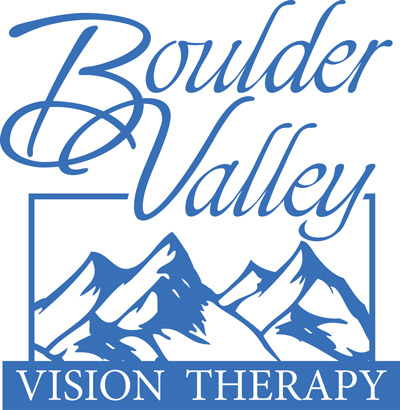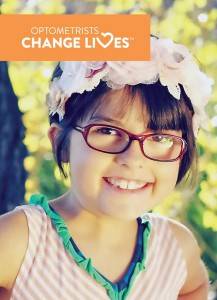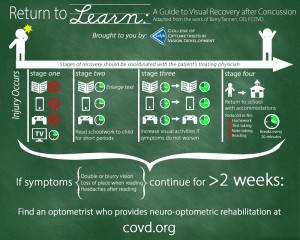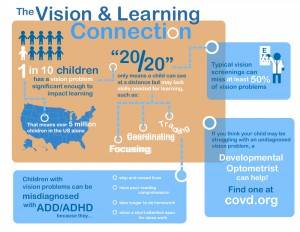When I was in the third grade, I had my first introduction to vision therapy. I loved to read, but it was very tiring and I took a long time to complete assignments. My parents took me to a developmental optometrist and after two months of vision therapy my reading speed increased by three grade levels. I excelled in school and my family and I were delighted with the results. I assumed that was end of my experience with vision therapy.
In high school, I won a scholarship to a school that ranked fifth in the nation. I was seventh in my class and made it into the college of my choice. My sophomore year, my life was irrevocably changed by a very serious car accident. I was a passenger in a car that collided with a fuel-tanker and I sustained life threatening injuries and a traumatic brain injury. My doctors told me that I would never be able to walk without equipment, go to school, or work. After five years of surgeries, 10 years of physical therapy, cognitive therapy, and speech therapy, I managed to function without my wheelchair and walkers, but I still suffered severe headaches and couldn’t read even three lines on a page. In desperation, my parents and I returned to the optometrist who had helped me so many years ago. Not surprisingly, I suffered from light sensitivity, tracking and eye-teaming problems.
I launched into my vision therapy program with the same determination that had given me success in physical therapy. The initial sessions were the most difficult. I had to clear the rest of my day after vision therapy because I was so exhausted afterwards and it triggered severe headaches. My therapist and I started with 20-minute sessions of just fixations and pursuits. The exercises were so hard; I was constantly frustrated, angry and discouraged. Eventually, we worked up to 30-minute sessions, and I was able to do some focusing and eye teaming activities. After six months of 45-minute sessions twice a week, I read my first book in over a decade. I told my parents I was ready to return to college and there wasn’t a dry eye among us.
I was so grateful to my vision therapist and optometrist that I worked for the practice while I finished college. I graduated with a Bachelor’s degree in Psychology and was re-hired as a vision therapist. I love helping people empower themselves by getting their vision strong and functional. Now, when one of my patients is discouraged or frustrated, I share my personal story of recovery and hard work. When I open up in this way, patients realize that I understand their challenges. They also see that someone they know was able to achieve monumental gains and that gives them hope.
Vision therapy had such a positive effect on my life that I’ve been working in the field for several years and this year I completed my COVT certification. I want everyone who has visual challenges that limit their daily functioning to have the same opportunity for success that I was given. When people ask me why I chose to become a vision therapist, I answer: “Because vision therapy gave me my life back”.




Notes:
Please contact us with any questions you might have at bouldervt@yahoo.com.